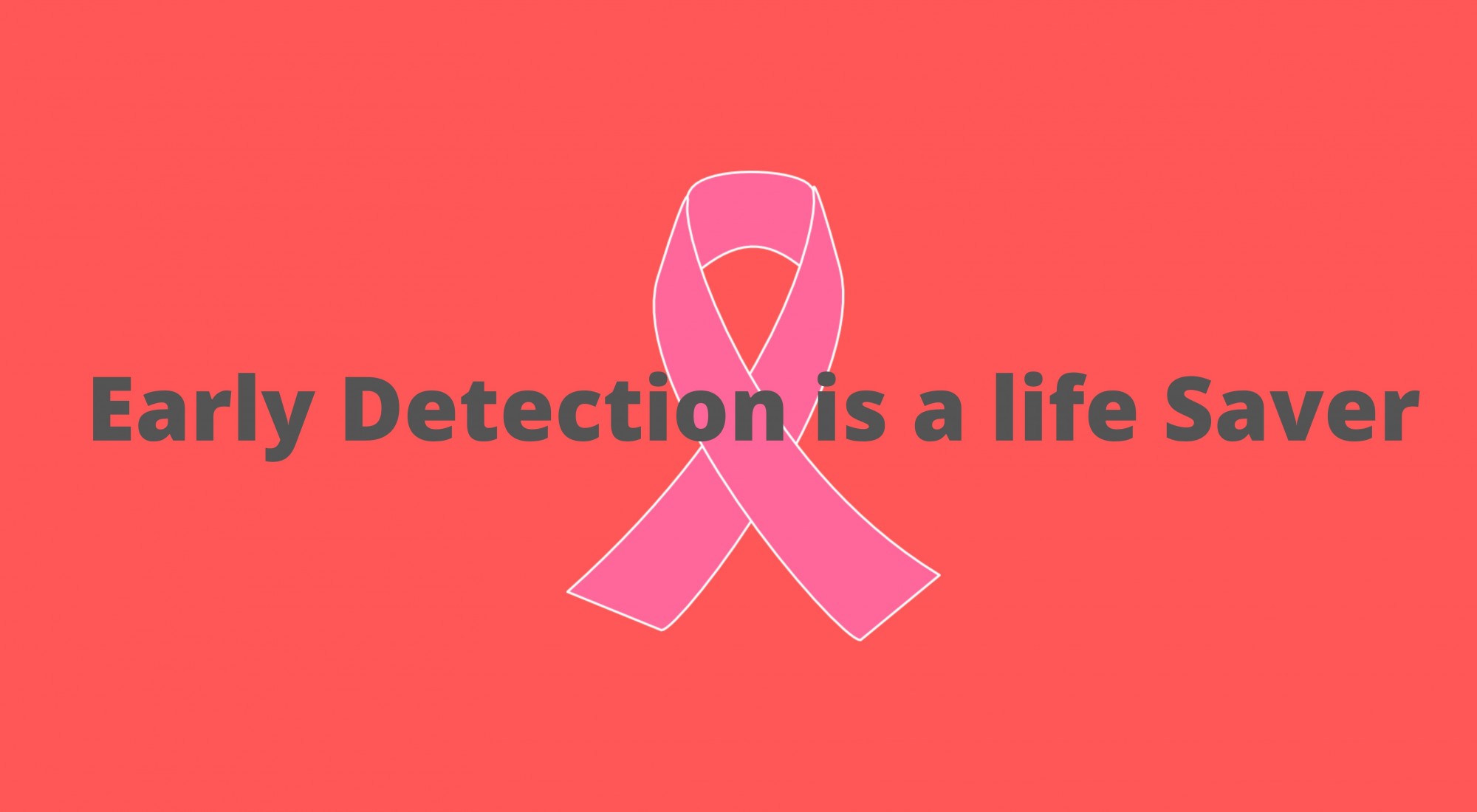
Breast cancer – A delayed diagnosis, written by Richard Lynch, Serious Injury Solicitor
According to Cancer Research UK, breast cancer is the most common cancer in the country. An estimated 56,600 people are diagnosed with breast cancer every year, more than 150 people a day. Breast cancer mostly affects women, but men can also get it in rare cases.
Most breast lumps will not be cancerous but just benign lumps such as areas of lumpiness that are more obvious just before a period or cysts (sacs of fluid in the breast tissue), which are quite common.
It is important to always get a breast lump checked by your doctor. They will arrange for you to have tests to find out whether your lump is cancerous or not. An early cancer diagnosis is vital because cancers in their early stage often require less treatment and are more likely to be cured.
However, sometimes, doctors make negligent mistakes resulting in a delayed diagnosis allowing the cancer to spread leading to devastating consequences.
This is what happened to Charlotte (not her real name).
Charlotte’s story
In the early part of 2015, Charlotte noticed a small pea-sized lump in her left breast just above the nipple. She was initially unconcerned because she had previously experienced small lumps in her breast but they either went away or were diagnosed as cysts and drained. However, after a few weeks she became concerned about this new lump as it was slightly sore. Her GP referred her to the breast clinic.
On examination, the clinical nurse recorded a 5mm x 5mm lesion adjacent to the areola. Mammograms of both breasts showed two masses centrally placed within the left breast in the upper half and a number of small cysts. She was reassured by the consultant oncological breast surgeon that the changes she had noticed were benign.
By early 2016, she was again referred to the breast clinic after noticing further changes to the appearance of her breast. Her nipple was inverted and the skin around the nipple was dimpled. The mammogram reported a mass measuring 22mm, but she was reassured this was just a cyst and consistent with those shown on previous mammograms.
Charlotte was not reassured. By June 2016, she was referred back to the breast clinic. Critically she described her symptoms on the clinic questionnaire as nipple retraction, lump, dimpling and discharge. After mammogram and examination by the consultant oncological breast surgeon, she was reassured the lumps were benign cysts and that the appearance of her breast was due to ageing and the menopause. She was discharged back to the care of her GP.
As the months went by, she became more and more concerned about her breast. She tried to arrange a clinic directly with the breast screening clinic but was advised to ask her GP for a referral. Her GP prescribed Dakacort cream for nipple itchiness and reassured her she did not have breast cancer based on the previous mammogram results.
In 2017, she was invited to attend the cancer screening programme for a routine mammogram because she had just turned 50. By this time her breast was puckered and retracted. The mammogram showed a 20mm x 20mm mass and a subsequent biopsy led to a diagnosis of invasive lobular and ductal carcinoma. In other words, breast cancer.
Charlotte underwent left mastectomy and a course of radiotherapy to the chest wall followed by adjuvant endocrine therapy which she will have to take for ten years. Breast reconstruction was delayed by some 12 months to allow time for the wounds and breast tissue to recover and ensure the cancer had not returned. She was also advised the cancer may one day return and she has suffered a significant reduction in life expectancy.
Claim for negligence
In 2018, Charlotte instructed solicitors to investigate a potential claim against the hospital alleging a delay in diagnosing and treating breast cancer. With the help of supportive expert evidence from a consultant oncologist specialising in breast cancer, Clear Law were able to bring a successful claim and Charlotte was awarded significant damages at the start of 2022 (£150,000.00).
The hospital NHS Trust conceded that Defendant’s negligence caused Charlotte’s suffering and loss, and that on the balance of probabilities, had she undergone further investigations promptly after her consultation on 24 June 2016, rather than being discharged, a tumour would have been diagnosed of a size of around 5mm x 5mm (node negative, grade 2). She would have then received surgery by way of mastectomy with clear margins, sentinel lymph node biopsy, and immediate reconstruction, and would not have needed additional treatment with radiotherapy thereafter.
What happened to Charlotte should never have happened. She feels very let down by her doctors and angry that the cancer was not picked up earlier despite her showing obvious breast changes at a number of breast clinics.
Since being diagnosed with cancer and undergoing the mastectomy, reconstruction surgery and radiotherapy, she has felt lethargic and depressed. She has lost a great deal of confidence and her self-esteem and body image has suffered greatly.
Most of all, she is angry she was not listened to when she repeatedly voiced her concerns about the appearance of her left breast. The doctors should have listened to her and acted on her concerns. She should have been listened to, but she was not.
For more information about how to check for breast cancer and other useful links, follow this link to the NHS website: Breast Cancer in Women



